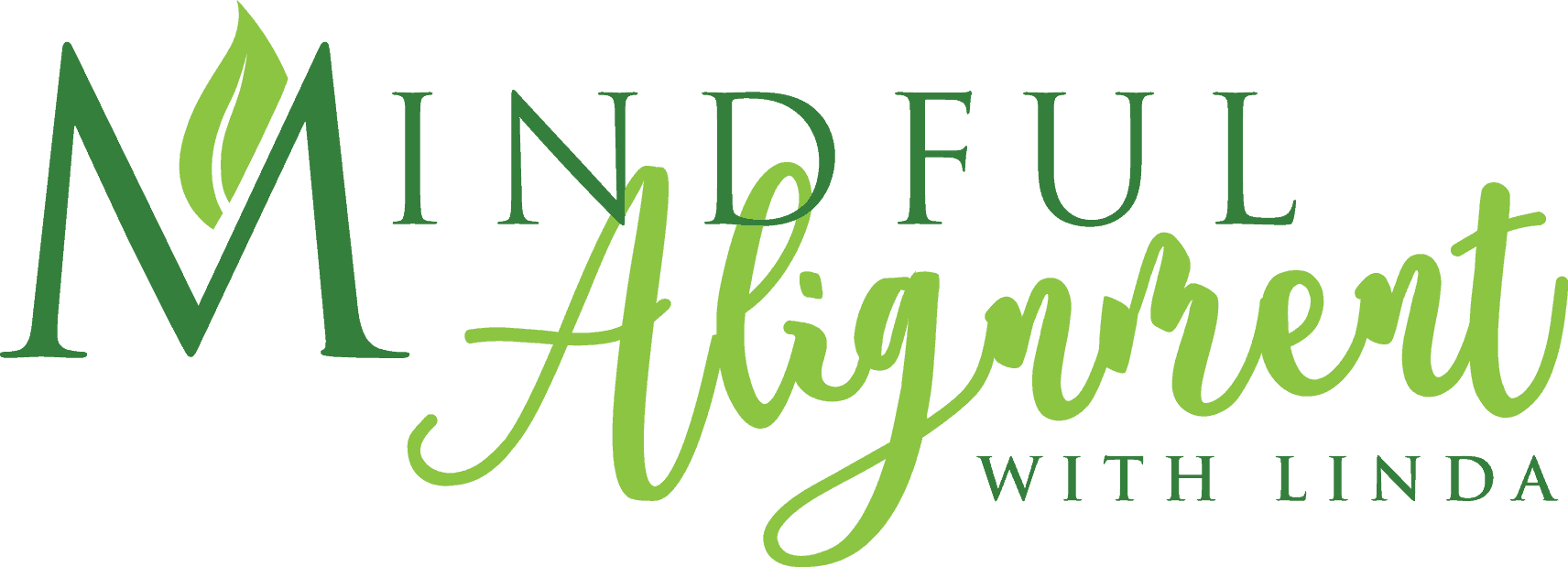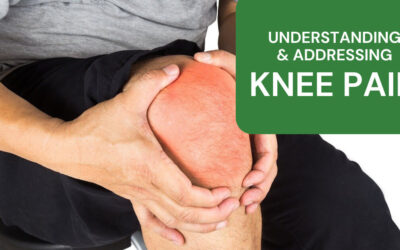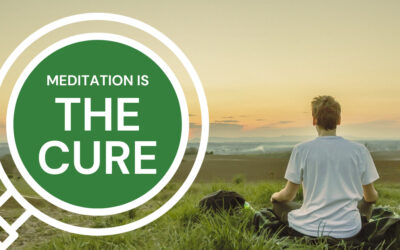Neck Pain from Sleep
Neck pain is one of the most common musculoskeletal conditions
If you have neck pain or stiffness, you may have experienced some difficulty sleeping. There’s a connection between sleep position, sleep quality, and neck pain. Poor pillow support while sleeping may make the problem worse.
Symptoms associated with poor sleeping positions include:
- Shoulder blade or arm pain
- Headaches
- Neck pain and stiffness
- Reduced sleep quality
- Reduced cognitive function
The best sleep position is one that avoids putting pressure on the neck or shoulders. The spine needs to be in a neutral position with the same alignment that your body has when you are standing.
Here are some of the most popular sleep positions:
Side sleeping: this is a good position for those with neck pain if the ‘neck and abdomen of the spine’ are aligned, stabilizing the neck.
Stomach sleeping: this should be avoided for long periods of time. This position puts too much stress on the neck. If you must sleep on your stomach, it is best to use a thin pillow under the forehead. Check to make sure that the back of the spine is aligned well.
Back Sleeping: research suggests that sleeping on the back is the best position for those with neck pain. Here again, it is essential to maintain proper alignment of the spine and the natural curve in your neck. Try keeping your arms by your side with your palms facing the ceiling encouraging the shoulders to be open for easier breathing.
Pillows can have additional uses
It is common to start the night in one position then wake up in another.
Sleeping positions are often established in childhood, making it challenging to change your sleep position. If you experience neck pain or stiffness, try changing positions, or use a different pillow.
Try using pillows to support your arms while sleeping on your side or back.
When sleeping on your side, place a pillow between your knees to reduce strain or pressure on the spine.
You might also find it helpful to place a pillow under your knees when sleeping on your back.
The pillow you use depends on the position you sleep
There are many types of pillows on the market with different levels of firmness and support. When selecting a pillow, consider your sleep position. Memory foam or feather pillows offer excellent support.
If you are a back sleeper or have neck pain, pick a thin pillow that does not elevate the head too much. Back sleepers need to make sure that their head does not tilt forward.
If you are a side sleeper, select a pillow that fills the space between the mattress and the ear. This requires a thicker pillow that isn’t too soft. Your head should be in the same position as when standing, without tilting your ear to one shoulder or the other.
Make sure to get enough sleep
Adequate sleep is essential to maintain energy and health. The quality of your sleep affects your quality of life. During sleep, the body is renewed both emotionally and physically. Poor sleep quality is also associated with chronic pain.
Improve your sleep, and your neck pain and stiffness will respond in kind! Experiment with different pillows and sleep positions until you experience enough improvement.
Are you tired of living with pain?
Are your activities and daily choices determined by your level of pain?
Are you ready to change your life for the better and gain back your physical freedom?
My unique and custom designed approach comes from years of training, education and experience. Together, we will get you back to living pain free and enjoying life.
Sign up for a private session today
It’s never too late to try something new.

Related Articles:
Understanding and Addressing Knee Pain
Knee Pain is a Common Ailment Knee pain is a common ailment that can significantly impact daily life, hindering mobility and causing discomfort. Understanding the causes and managing knee pain is essential for maintaining overall well-being, whether it's due to...
Meditation is the CURE
Meditation has gained recognition for having a profound effect on the mind and body, leading to improved overall health and longevity.
Movement is the CURE
Including movement into your day can be the cure to many health issues that plague us later in life. Movement has incredible benefits to overall health and helps promote longevity.



